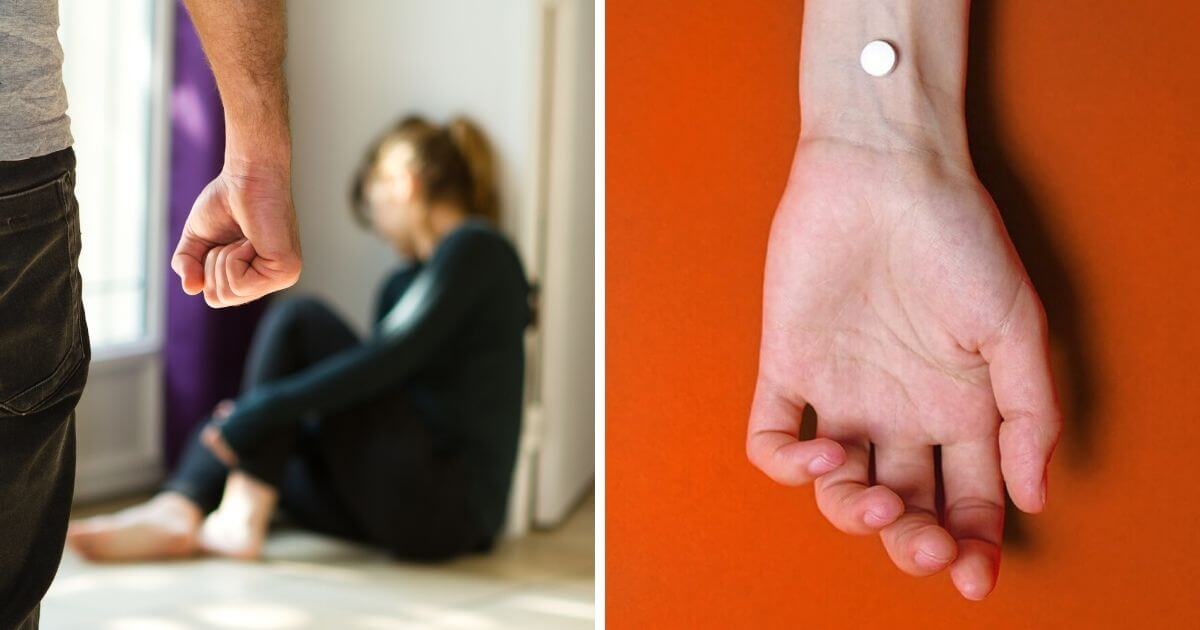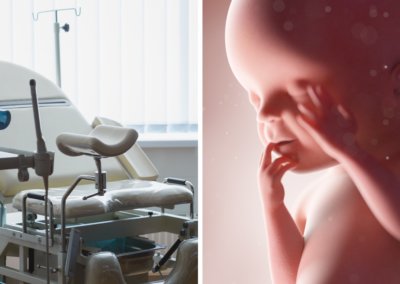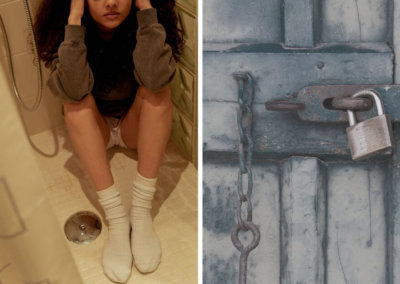The health service in Ireland has admitted that ‘DIY’ home abortions make it harder to identify coercion and abuse.
In response to a parliamentary question from Carol Nolan TD on Thursday 3 March, the Health Service Executive (HSE) in Ireland claimed that telemedicine abortion (‘DIY’ home abortion) had been a success but also conceded that “meeting the woman in person increases the likelihood of the provider identifying any coercion or domestic abuse”.
‘DIY’ abortion removes abortion from the clinical setting entirely. A woman seeking an abortion does not have to see a medical professional face-to-face in order to have an abortion. Critics of the scheme have long pointed out that this removes an important safeguard against the possibility of coercion and abuse. Now, the HSE has admitted this is true.
In another significant admission, the HSE also said that “in-person consultations allow provision of personalised care and allow potential problems to be identified and mitigated”.
The Pro-Life Campaign called the HSE’s admission “an astonishing development”.
Aontú leader Peadar Tóibín told the Dáil (the Irish Parliament) last week that the State Claims Agency has received 103 notifications of ‘adverse incidents’ arising from terminations carried out under the new abortion law. It remains to be seen what the precise nature and seriousness of these incidents amount to.
Doctor urges Govt. to “prioritise women’s safety”
Before England recently announced an end to ‘DIY’ abortions, Dr Calum Miller, NHS doctor and research associate at the University of Oxford specialising in abortion policy, urged the Government to “prioritise women’s safety above the interests of abortion providers by shutting the lid on it once and for all”.
Dr Miller argued that since the introduction of ‘DIY’ abortions, which allows abortion to take place entirely outside of a clinical setting, “the evidence has only piled up more and more against it”.
He said that face-to-face consultations are a “critical safeguard against coerced abortion, life-threatening ruptured ectopic pregnancies and a litany of other possible risks”.
“What may have seemed convenient to abortion providers is the devastating loss of a lifeline for victims of abuse and trafficking who desperately need to speak to someone in private. Abortion clinics are one of the most frequently visited public sites for victims of sex trafficking. Sending these women — or their pimps — abortion pills in the mail only keeps this horrific practice in the shadows, away from detection. And it potentially subjects them to forced abortion, an appalling human rights abuse that often leaves life-long trauma”.
Despite these dangers, in February, the Welsh Government decided to make ‘DIY’ abortions a permanent feature of the law.
Right To Life UK spokesperson Catherine Robinson said: “It is astonishing that, despite the HSE admitting that the removal of in-person consultations facilitates coercion and abuse because it is harder to identify it is happening, they have not decided to immediately end the practice. The HSE are admitting that they are willingly putting women at greater risk, all for the sake of ease of accessibility to abortion”.












